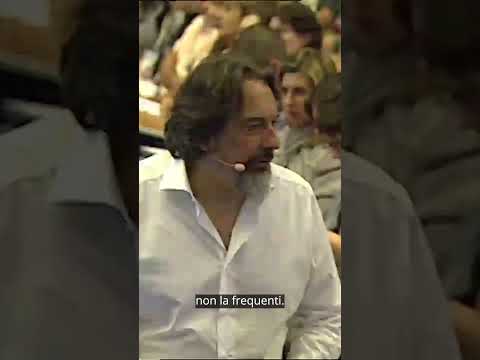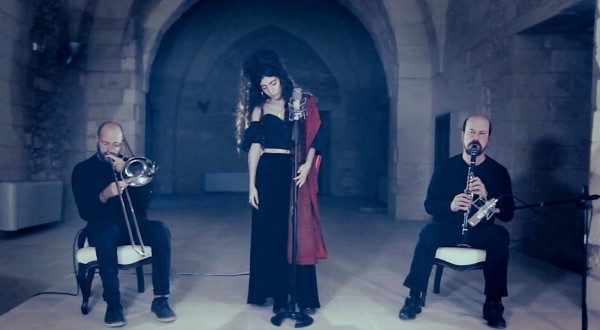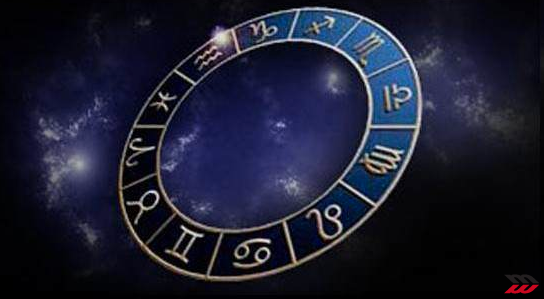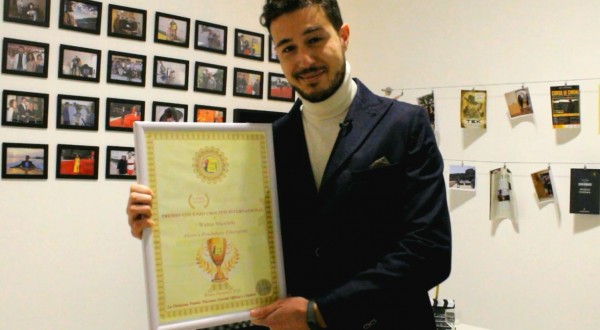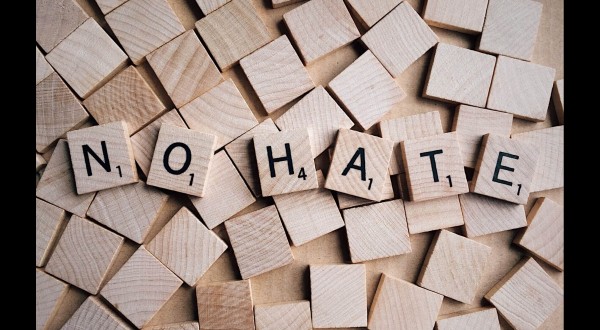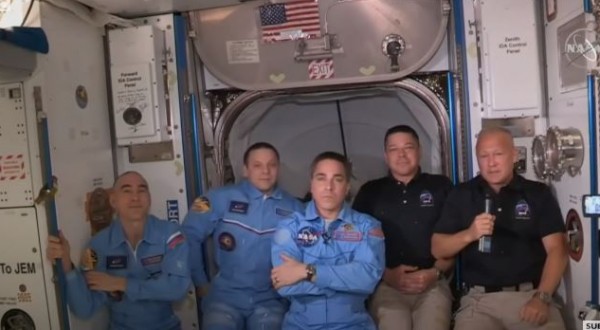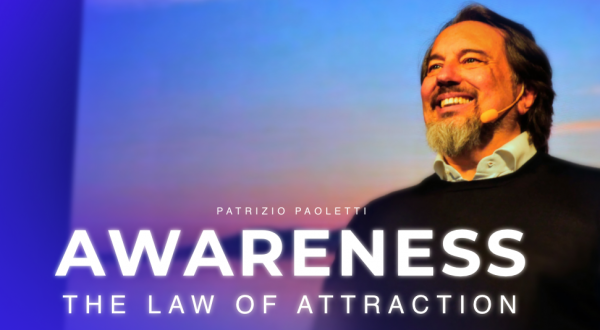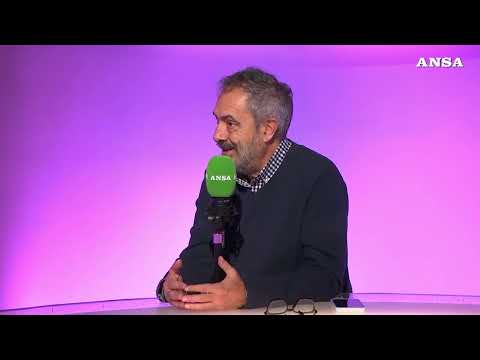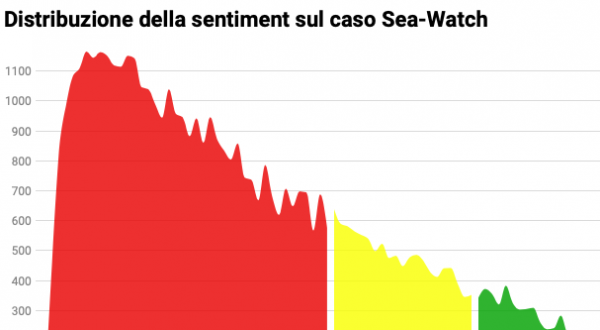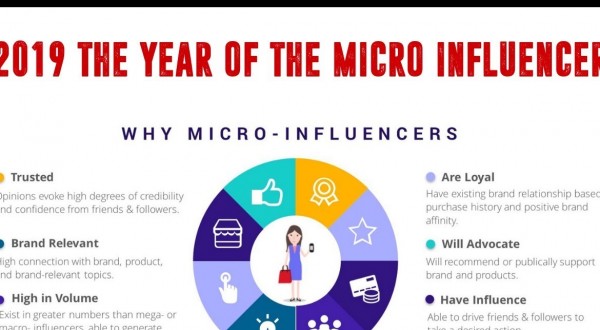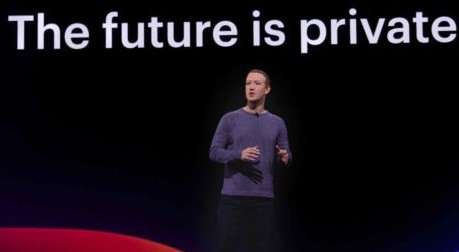
It’s Time magazine’s annual “100 most influential people” issue again, the hoary old newsweekly’s answer to the rise of the listicles. As always, they’ve picked some notable folks to write the profiles of the very important people, so we get two helpings of cultural fodder for the price of admission. We have to admit, some of the pairings are especially apt: Lynda Carter appreciating Gal Gadot, for instance.
That appropriate pairing of writer and subject extends to some of the political figures, too: Barack Obama writes with the decency and moral heft you’d expect in his piece on the kids from Marjory Stoneman Douglas High, while consummate suck-up Ted Cruz writes fawningly of the guy who abused him throughout the 2016 primaries, Donald Trump, and political footnote Newt Gingrich phones in one sad paragraph of “praise” for media footnote-to-be Sean Hannity. It’s all very nicely symmetrical.
Obama’s piece on Cameron Kasky, Jaclyn Coryn, David Hogg, Emma Gonzalez, and Alex Wind is suitably Obamaesque; without having to explicitly remind us of the many times he had to address the nation after the latest slaughter, he takes us back to his speech following the shooting at Umpqua Community College and his pained exasperation that this has all somehow become routine.
America’s response to mass shootings has long followed a predictable pattern. We mourn. Offer thoughts and prayers. Speculate about the motives. And then—even as no developed country endures a homicide rate like ours, a difference explained largely by pervasive accessibility to guns; even as the majority of gun owners support commonsense reforms—the political debate spirals into acrimony and paralysis.
Barack Obama has become remarkably effective shorthand for himself.
Just as he said in 2015 that “thoughts and prayers” are not enough, here he turns to what this group of angry, determined young people are bringing to the debate:
This time, something different is happening. This time, our children are calling us to account.
The Parkland, Fla., students don’t have the kind of lobbyists or big budgets for attack ads that their opponents do. Most of them can’t even vote yet.
But they have the power so often inherent in youth: to see the world anew; to reject the old constraints, outdated conventions and cowardice too often dressed up as wisdom.
The power to insist that America can be better.
That’s the guy we voted for. That’s the guy who really did think hope and change was possible, not just a slogan (and Crom knows we could use some). That’s the guy who never seemed to find anything hokey about appealing to community, and to our better angels. Here is how he ends his brief essay, and it’s just perfect for these amazing kids, their cause, and the guy who’s writing it, starting with the big idea, and closing with who will make the big idea real:
Our history is defined by the youthful push to make America more just, more compassionate, more equal under the law. This generation — of Parkland, of Dreamers, of Black Lives Matter — embraces that duty. If they make their elders uncomfortable, that’s how it should be. Our kids now show us what we’ve told them America is all about, even if we haven’t always believed it ourselves: that our future isn’t written for us, but by us.
Ted Cruz, oozing out some banality on behalf of Donald Trump, manages three whole paragraphs. Here’s the phony folksiness of the last one:
President Trump is doing what he was elected to do: disrupt the status quo. That scares the heck out of those who have controlled Washington for decades, but for millions of Americans, their confusion is great fun to watch.
Hey, it only sounds like every other canned encomium on behalf of Trump. Do go read the whole thing, though; it’s the textual equivalent of this photo:

No, we aren’t going to talk about his rhetorical achievements here, because we don’t especially like sycophantic loserdrool.
Finally, there’s Newt Gingrich, who apparently thought he’d been asked to write a blurb for the back of Hannity’s book. We’ll give him this much: He doesn’t belabor the point, which he also does not have.
Sean Hannity has a remarkable impact between three hours of radio and an hour of TV every day. His fans listen to him and learn from him. One of his biggest fans is President Donald Trump, who routinely watches the TV show and talks with Sean as a fellow New Yorker. Hannity played a major role in helping Trump get the nomination and win the general election. Sean is both a principled conservative and a ferocious opponent of the left and the deep state. He has made and is making a difference.
Sean says many things. Like the things Trump says, they are the best things. You should listen to Sean Hannity. He is smart and good, like Donald Trump. Whaddya mean this isn’t a paid gig? I’m out of here.
This has been a Wonkette Moment of Rhetoric, with Yr Doktor Zoom. I have a doctorate — in rhetoric!
Also, it’s your Open Thread, hooray!
Source: http://wonkette.com

